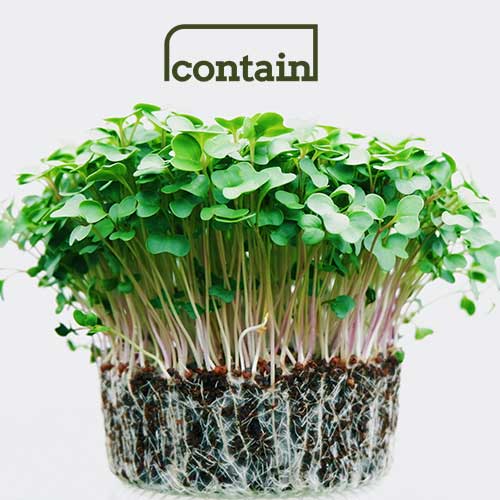June 28, 2021
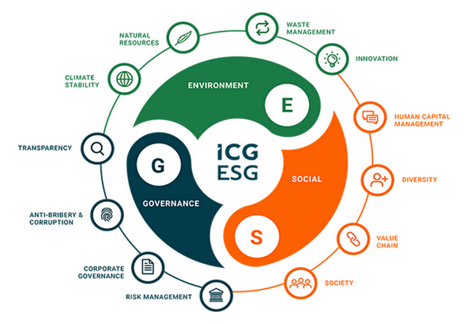
Indoor agriculture is an emerging industry high on investor radars due to its low resource use, climate resilience, and decentralized nature. It has long seen support from traditional venture capital and private equity investors but is now attracting attention from a newer category of investors, referred to as environmental, social, and governance or ESG investing.
What is ESG Investing?
ESG stands for Environment, Social, and Corporate Governance. It differs from traditional investing in that it focuses on more than economic returns. Investors evaluate companies using criteria within the ESG categories to identify and fund businesses whose actions best reflect the principles of the investing strategy.[1]

Source: Intermediate Capital Group (ICG)
Critical ESG issues outlined (by ICG)
The environmental category measures both positive and negative ways a company is impacting the planet. The social category encompasses people-related issues pertinent to a company’s employees, customers, suppliers, local community, and society. The final category in ESG investing is corporate governance. This parameter examines a company’s board of directors, company oversight, and its level of shareholder-friendliness.
Criticisms of ESG investing
A primary critique of ESG investing is broken promises. A study of the UN PRI showed that many signatories showed no improvement in ESG scores and even became less likely to vote on environmental issues.[2] Does committing to ESG hold investors accountable? And if not, what will it take?
Additionally, ESG key performance indicators (KPIs) have been labeled inconsistent by some market observers.[3] Companies have struggled to adjust to changing KPIs and source new data. To standardize disclosure requirements, the SEC’s Investor Advisory Committee recommended that KPI requirements be established more broadly.[4]
Experts anticipate ESG will become further integrated into investment strategies across global financial markets regardless.
ESG and the indoor agriculture industry
As investors increasingly look to incorporate ESG criteria into their investment strategies, vertical farming looks attractive as it offers reliable and climate-resilient options in the $1.2 trillion fruit and vegetable market.[5] With fewer pesticides, less water usage, and other environmental and social benefits, the vertical farming industry is perfectly positioned to fit within the ESG category. COVID-19 highlighted vertical farming’s economic and environmental benefits as traditional farms struggled with supply chain inefficiencies.
According to a report from investment bank Barclays, vertical farms are positioned to capitalize on a $50 billion market opportunity if the industry can scale sustainability and efficiency.[6] The report urges vertical farmers to diversify into new produce categories, generate excitement among consumers, use renewable energy sources, and educate a new generation of vertical growers. These actions can drive higher demand and more investments into the industry from ESG-conscious shareholders.
The rise of responsible investing and ESG
A report from Boston Consulting Group estimates that $100-$150 trillion in responsible investments need to be made over the next three decades to transition to a low carbon economy successfully. This sum equates to a whopping $3 to $5 trillion investment annually.[7] Many factors are at play in this shift towards responsible investing, but vertical farms have an opportunity to take a major part.

August Indoor Ag Update: M&A Galore & Indoor Specialty Crops Funding

July Indoor Ag Update: Acquisitions Accelerate & Funding Returns

Five Farms Making a Go of Indoor Agriculture

Dyson’s 250% Yield Breakthrough Headlines June AgTech: Vertical Farming Advances, M&A Activity, and Industry Setbacks
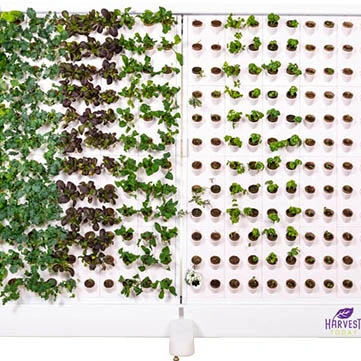
Indoor Agriculture Pivots to Home Gardens as Vertical Farming Failures Drive Strategic Reevaluation
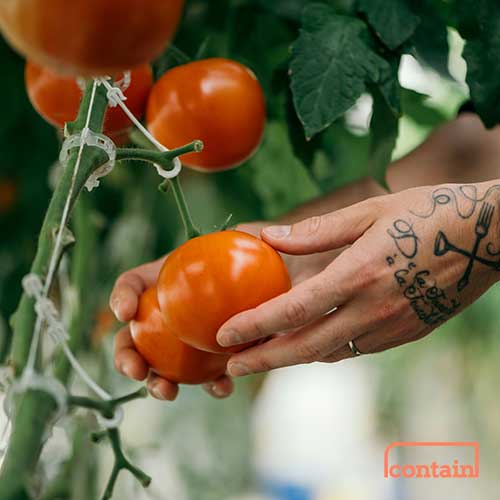
Zordi Series B and May 2025 Indoor Agriculture Developments
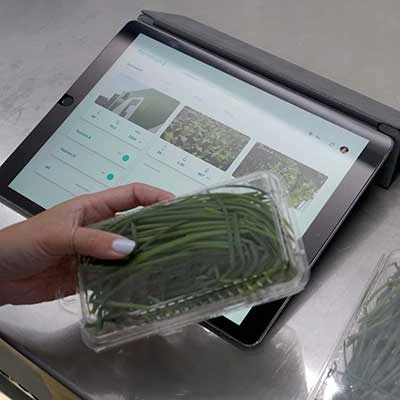
Freight Farms Bankruptcy and iUNU’s $20M Raise Highlight April’s Indoor Ag Contrasts
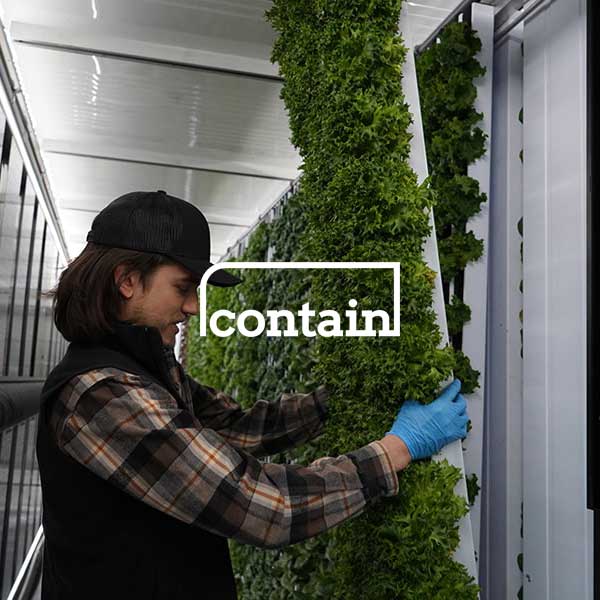
Freight Farms Resources: Indoor Ag Companies Stepping Up to Support Freight Farmers
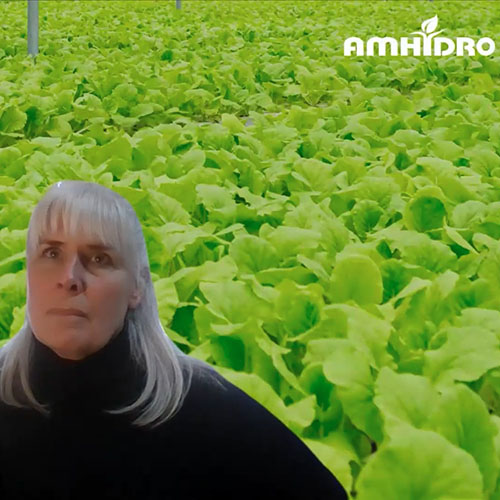
How to Finance Your Hydroponic Project in 2025: Finding Opportunity in a Shifting Market
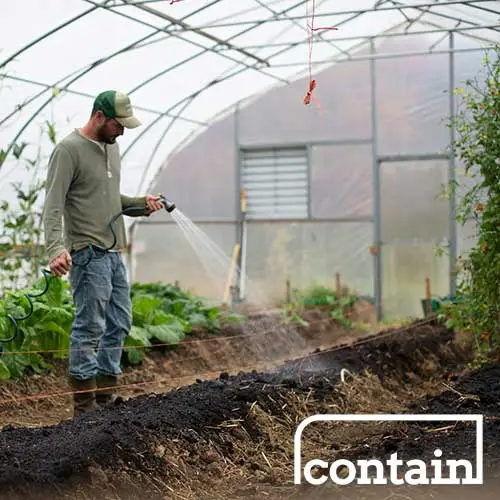
Indoor Ag’s New Reality: Practical Advice from Investment Banker Adam Bergman
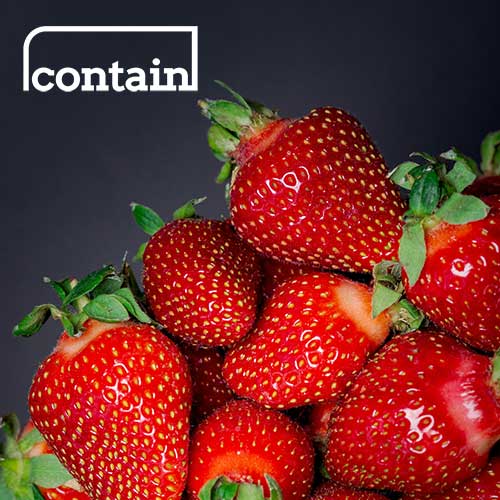
Plenty Unlimited bankruptcy dominates March’s indoor ag news, overshadowing new farm plans
